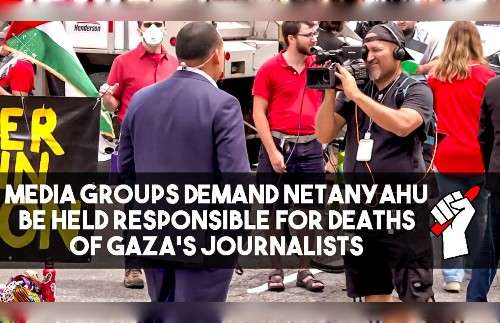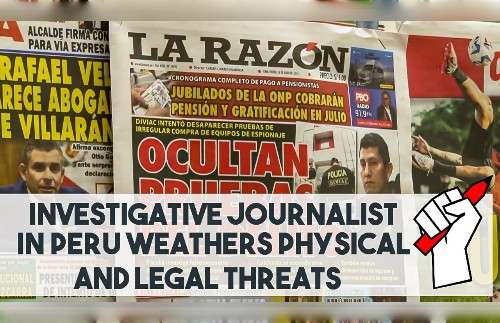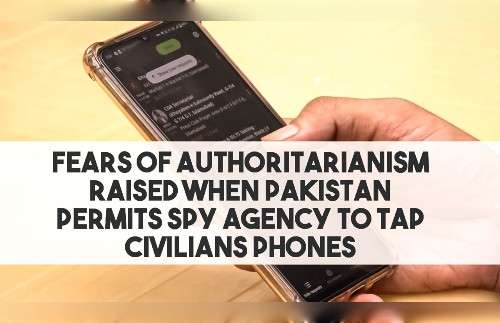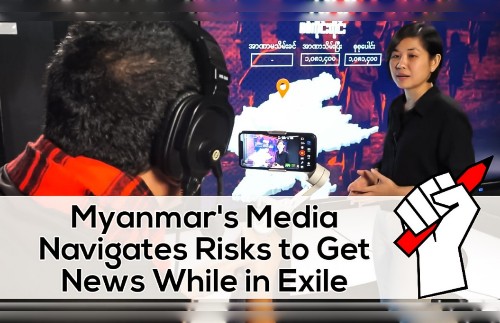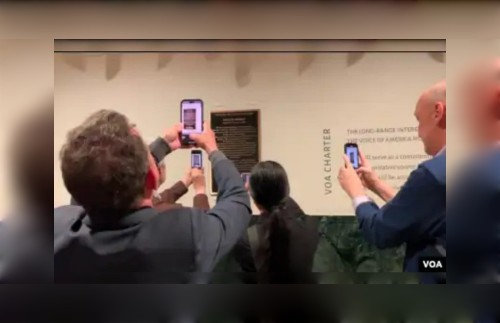
Publicly, the Taliban have pledged to protect journalists and respect press freedom. The reality is already quite different. The new power in Kabul is already imposing very severe constraints on the editorial staff, even if they are not official.
The list of obligations for journalists grows longer every day. Less than a week after their commitment to respect press freedom “because information will be useful to society” according to the expression of their spokesperson, the Taliban are increasing threats, pressures and sometimes violence against them. the journalists. “Officially, the new Afghan authorities have not issued a formal rule, but the media and reporters are subject to arbitrary , said the secretary general of Reporters Without Borders (RSF), Christophe Deloire. Are the Taliban already We ask them to guarantee the conditions allowing the exercise of a journalism worthy of the name. “
Threats have indeed become daily for the Afghan private channels which still broadcast in the capital. “ In one week, the Taliban beat five journalists and cameramen from our channel,” explains a producer from a private national television channel. * They called them ‘takfiri’ (nldr: which amounts in this context to disbelievers). They control everything we broadcast. In the field, the Taliban commanders systematically take the numbers of our reporters. They tell them: when you prepare your story, you say this and that. If they say something else, they are threatened. “
Many media have been forced to suspend part of their programs because the new masters of Kabul ordered them to respect Sharia, Islamic law. “The series, the social programs, have been stopped. We only broadcast short news bulletins and archival documentaries” , explains an official of a private television station, which also, as a precaution, started to grow a beard and wear only traditional clothes.
A director of a private radio station north of Kabul confirms the Taliban’s gradual but rapid control over information: “A week ago, they told us’ you can work freely as long as you respect Islamic rules (no music and no women) ”, but they started to ‘guide’ us on the information that we could or not broadcast and on what they consider to be fair information , ” explains this manager who ended up shutting down his media and flee to take cover.
For lack of authorization signed by the Islamic Emirate of Afghanistan (EIA), two journalists from the private television station Shamshad were thus prevented from making a report in front of the French embassy. But when they find out who and where they should ask for permission, the only response from the Taliban guard will be: “I don’t know” .
In recent days, the Taliban have ordered the most influential Afghan media to broadcast audio clips and videos of Taliban propaganda. Faced with resistance from the channels, “the Taliban claim that it is only advertising and that they are ready to pay for it to be broadcast, and insist on invoking our national or Islamic duty”.
About a hundred private local media have ceased their activity
As incidents on the ground multiply – in the space of a week, at least 10 journalists have been threatened or assaulted while carrying out their work in the streets of Kabul and Jalalabad – on Saturday, August 21, the porter- word of the Taliban announced on its twitter account the forthcoming creation of a tripartite committee to “reassure the media” , which will be made up of representatives of the Cultural Commission, and journalists’ associations as well as a member of the command of the Kabul police. The official mission of this committee will be “to deal with media issues in Kabul.” What will it really be?
Far from the capital, in the various provinces of the country, the pressures are even stronger. About 100 private local media ceased their activity as soon as the Taliban arrived. In the country’s fourth city, Mazâr-e Charîf, journalists were forced to stop working. Elsewhere, the situation is very tense. “Here in the south I have to work every day under threat from the Taliban, who comment on everything I do: but why did you realize this topic? And why didn’t you ask us our opinion? They all want to comment the subjects “ explains, terrified, a correspondent of a national radio station.
In the province of Herat, the director of a news radio which was widely listened to before the arrival of the Taliban made the same observation: on August 17, the new governor brought together media officials to assure them of not being their enemy and that they would define together the new working rules. But in front of silent journalists, the governor enacted the new working principles of one sentence: “The Sharia has defined everything: ‘Order good and prohibit evil’ (nldr: this injunction is fundamental to Islam practices) , it just needs to be enforced! After that most of my colleagues left town, and for those who remain, we have to constantly prove that whatever is broadcast commands good and forbids evil. “
Until now, the foreign correspondents who remained in the capital are not subject to these diktats and manage to work almost normally, but for how long? On Saturday, August 21, the Department of Youth and Information of the Islamic Emirate of Afghanistan (EIA) decreed that the international media, “before going to the field and recording interviews with fighters from The EIA and the local population must coordinate with the EIA, or face arrest. “
“There are no clear rules at the moment and we have no idea what will happen in the future,” said a freelance Swiss journalist in Kabul. ” The honeymoon is not yet over,” said another foreign correspondent. ” We benefit from the fact that the Taliban is still seeking legitimacy and the arrival in recent days of major international television channels, it protects us. the real difficulties will begin when we are alone again. “
For security reasons, also taking into account the climate of fear that currently reigns in the country and at the request of all the journalists interviewed – Afghan and foreign – their anonymity has been preserved. Many journalists contacted, explaining that they did not have the means to leave Afghanistan, preferred not to speak at all.
Copyright ©2016, Reporters Without Borders. Used with the permission of Reporters Without Borders(RSF), CS 90247 75083 Paris Cedex 02 https://rsf.org














